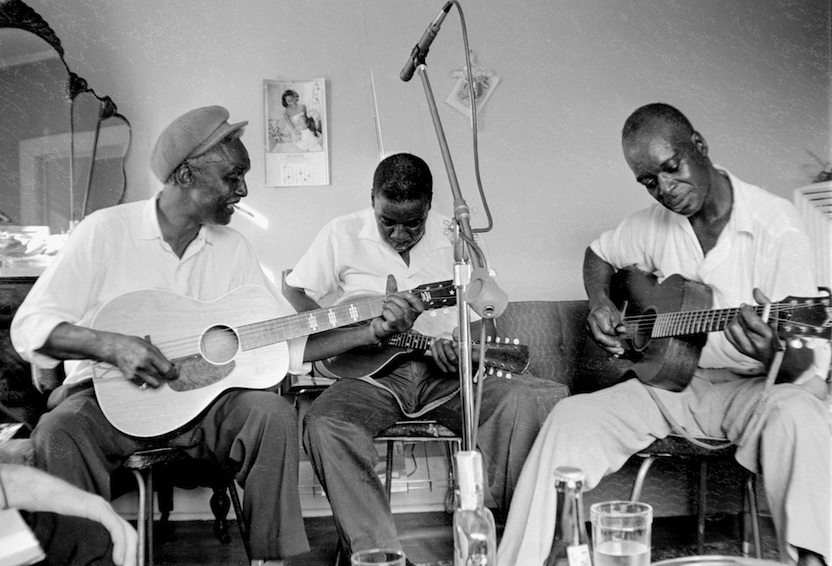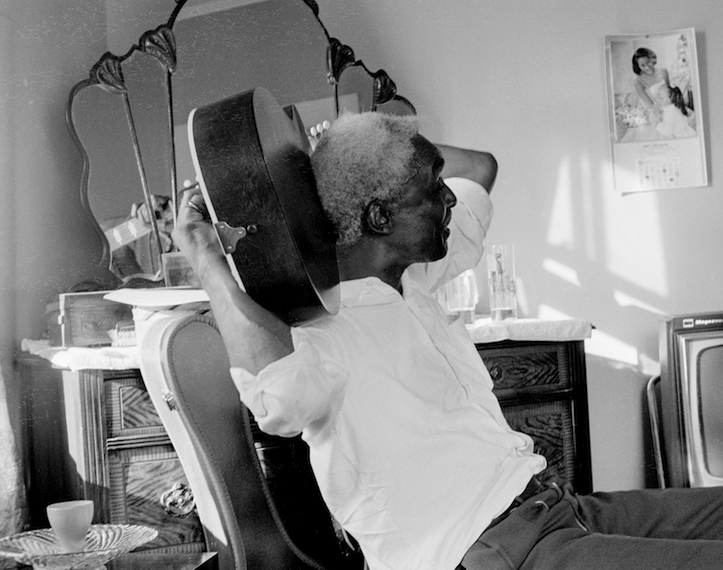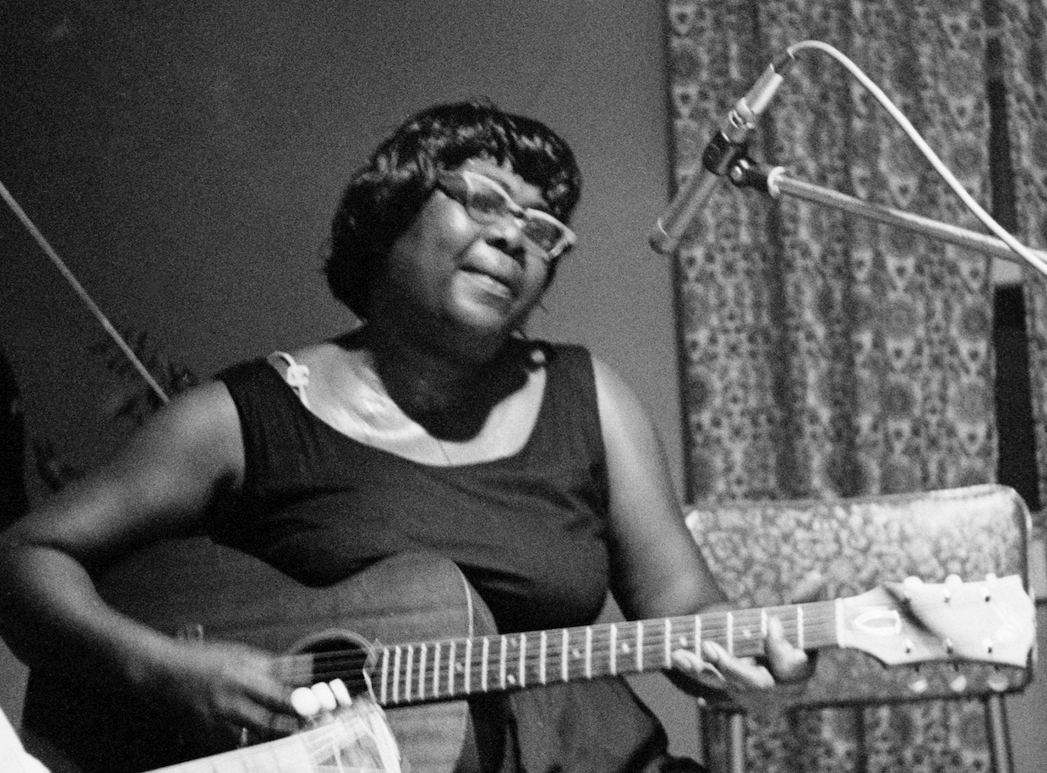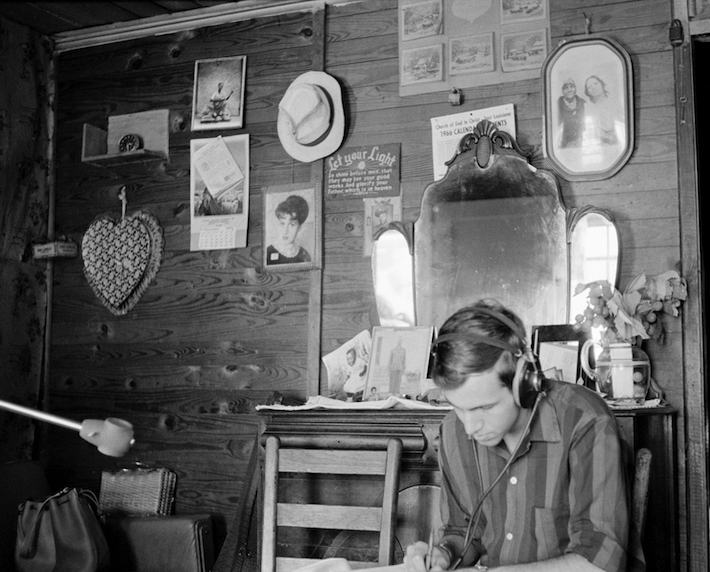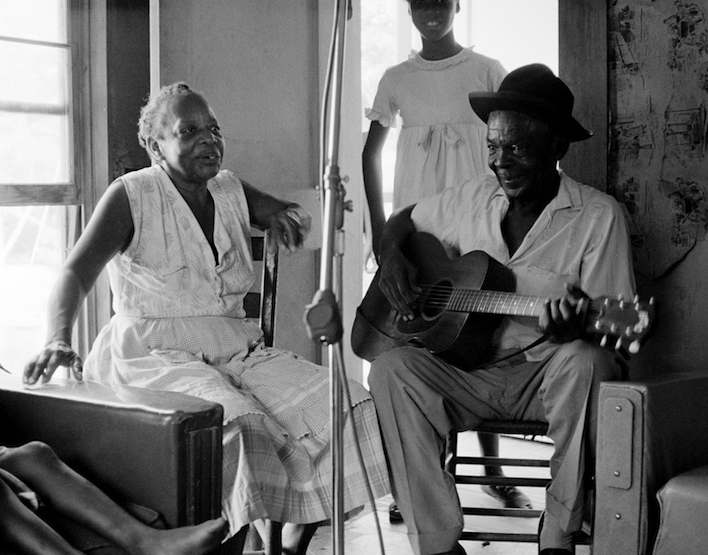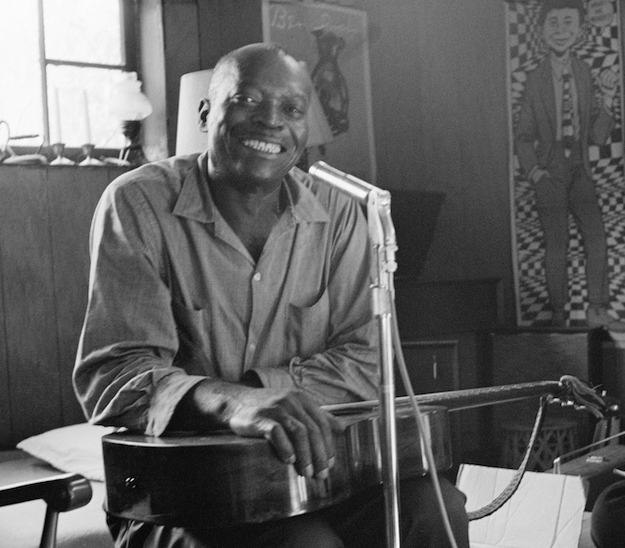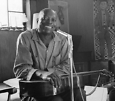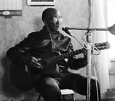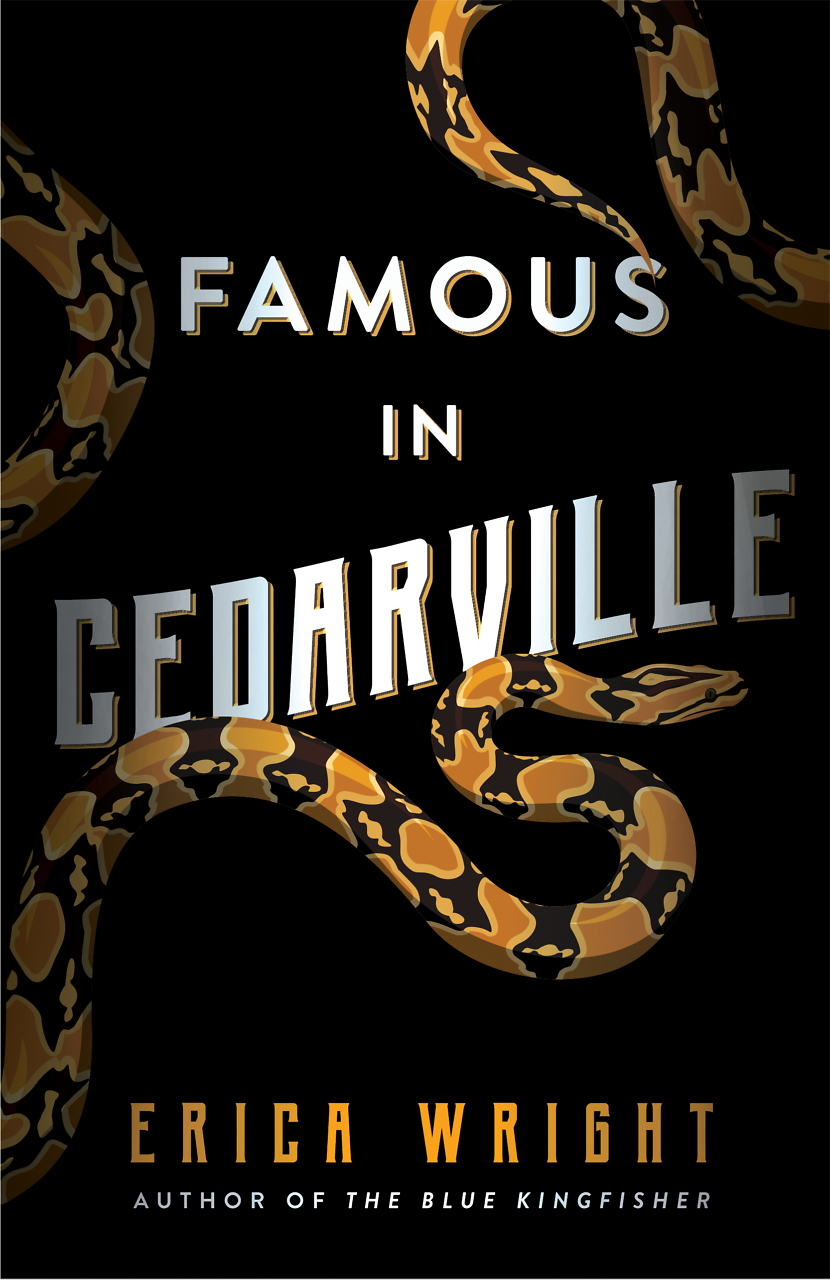Meeting the Blues
Two California grad students get quite an education in the 1960s South
David Evans was a Harvard graduate who loved the blues. He was particularly fascinated with Tommy Johnson, an early Mississippi master of the form known for a spooky falsetto and his dark ode to Sterno drinking, “Canned Heat Blues.”
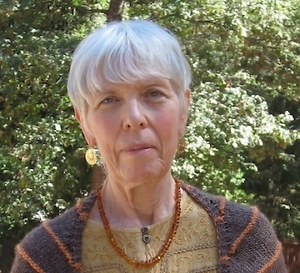
Marina Bokelman was offered a Fulbright scholarship but turned it down to enter UCLA’s new folklore and mythology program. She’d been raised on folk songs and the lore surrounding them and, as a teenager, taught alongside the likes of Pete Seeger and Brownie McGhee at California’s Idyllwild folk music camp — where she made friends (this is too good not to mention) with a young Frank Zappa.
Together, as UCLA graduate students, they went sent south to Mississippi and Louisiana in search of the blues. To seek it out and study it where it lived. To bring it home, so to speak, on tape and in photographs and the written word, so that others could more fully understand the art. Their quest is chronicled in a new book, Going Up the Country: Adventures in Blues Fieldwork in the 1960s.
The mid-1960s was the time of the blues revival and also the civil rights movement. Powerful music was in the air. Fear and distrust, too, on both sides of the racial divide, of white strangers from far away.
It’s a tremendously compelling setup for a blues fieldwork expedition by two young scholars, arriving from the golden West in a red Volkswagen bug, with their reel-to-reel tape recorder, camera, typewriter, musical instruments, serious minds, and naïve notions about what awaited them.

Nearly 60 years later, their encounters and observations make a tremendously compelling book, with the pair’s daily notes and Bokelman’s photographs as its heart. We’re not relying on more-than-half-century-old memories, except for context. During the extensive chapters drawn solely from those field notes and photos, we’re on the ground and in the moment as Bokelman (who died in 2022 after a career as a folklorist and ballad singer) and Evans (a musicologist, two-time Grammy winner for best album notes, and professor emeritus at the University of Memphis) attempt to track down musicians and coax from them songs, stories, and sometimes deeper meanings into life, culture, and the South.
So we get compelling musical moments, including by a star of the proceedings, the idiosyncratic blues man Robert Pete Williams. On August 18, 1966, in Baton Rouge, we find him at the home of his sister, Maple Lee Franklin. “She and Robert Pete did some nice piano pieces, all on the black keys,” Evans wrote in that day’s notes. “It was really weird.”
More often, confusion reigned. There were bad leads and even worse directions, alcohol-fueled chaos, and all manner of misunderstandings. As Bokelman wrote in one day’s notes, “Later I found out that Myrt had told her we were civil rights workers! Eeek!” And another day, Evans mused: “Possibly he thought we were freedom riders or welfare agents or something similar.” This was a time, remember, when such misunderstandings could be life-threatening.
Sometimes, though, the misunderstandings were comic and quite sweet, as on August 22, 1966, at the Franklinton, Louisiana, home of Herb Quinn. From Bokelman’s notes that day:
Herb was sitting in a chair in his front yard — he’d been “looking for us” all day. We stood around, and he and Dave talked. He knocked down some pears for us. They were a bit hard, but he said they made good preserves.
His wife and their little girl, Betty, were out in the woods getting muscadines. We couldn’t understand what that was — we had the idea they were “mustard greens.” Mrs. Quinn and Betty returned with the mystery food, which turned out to be relatives of the wild grape — round and purple with a thick hull and a sweet pulp. Dave ate tons of them. They grow on vines in the woods.
Bokelman was less enthralled with life in the field a few days later. The pair were still in Franklinton, at a house gathering that had devolved into “an incredible drunken mob scene.” She wrote:
There were never less than ten adults and three children in the room. The children were drinking water out of a Muscatel bottle. Dave said it was water, and I assumed it was, or else everyone would have been drinking it.
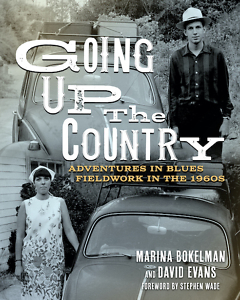 The pair had experience interviewing and recording blues singers before their Southern expeditions, but those pre-fieldwork sessions had been organized and orderly. Bokelman and Evans, with home-field advantage, were in control. But here, in the real world of the South, in other people’s homes and at the mercy of what might happen next, or who might show up, and how much liquor might flow, havoc often had a field day.
The pair had experience interviewing and recording blues singers before their Southern expeditions, but those pre-fieldwork sessions had been organized and orderly. Bokelman and Evans, with home-field advantage, were in control. But here, in the real world of the South, in other people’s homes and at the mercy of what might happen next, or who might show up, and how much liquor might flow, havoc often had a field day.
So the notes are filled with much more than music — references to mosquitos, roaches, car trouble, money trouble, an exploding hotplate, the pair’s apparently not infrequent arguments, and the challenge of finding short-term housing fit for humans.
“Had all our cleverly laid plans come to ruin?” Evans wrote during the pair’s hunt for housing in Cleveland, Mississippi, in their second trip south, in 1967.
Pretty much, yes. Bokelman reported the house they rented “was absolutely infested with fleas and roaches. I use ‘infested’ in the sense the Health Department does when preparing to condemn a dwelling or in discussing pre-plague conditions.”
To borrow a word from Bokelman: Eeek!
But that’s why the book works so well. That’s why its publication is so welcome, all these years later.
Going Up the Country isn’t a study of the blues — there are any number of those already on the shelves. This is a study of life, real life, in a pivotal place and a crucial time, with two bright and intrepid young scholars taking copious notes along the way.
Photographs by Marina Bokelman:

David Wesley Williams is the author of the novels Everybody Knows (JackLeg Press, 2023) and Long Gone Daddies (John F. Blair, 2013). His short fiction has appeared in Oxford American, Kenyon Review Online, and in Akashic Books’ Memphis Noir. He lives in Memphis.
